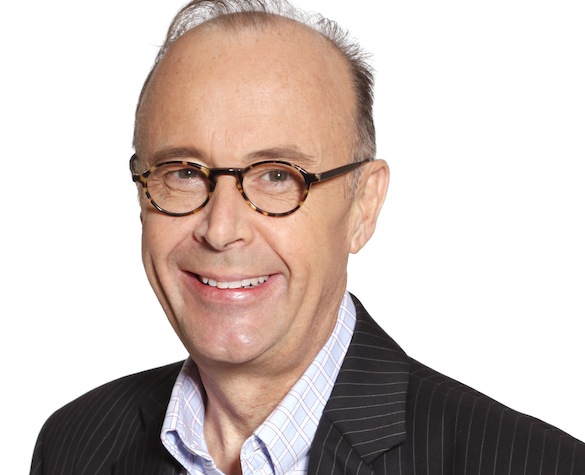“Is Morton really suggesting that the network abandon the airwaves?” Michael Mason.
Last week we published a piece from Tom Morton about the changes taking place in radio National. The Manager of Radio National, Michael Mason, has responded to Morton in this article for radioinfo:
As noted in his piece, Wrong headed approach at Radio National, Tom Morton worked for two decades at the ABC, and I understand his natural inclination to advocate for colleagues and friends at Radio National.
But it’s his arguments that are wrong-headed.
The Radio National Production Sustainability Project is about the network’s production, and not its schedule. The recommendations are around developing models of production for programs that are sustainable regardless of whether they are broadcast or delivered online.
In fact, RN has embraced on-demand streaming and podcasts as a form of digital content delivery. Mr Morton makes the argument that RN must embrace ‘the ‘digital first’ strategies of the Guardian and other forward-looking media organizations.’ He clearly hasn’t noticed that the network is now digital first for all non-live programs with digital rights, bar one. Radio National was a podcast pioneer in Australian radio and continues to be at the forefront of digital strategies.
But is Morton really suggesting that the network abandon the airwaves? On current figures over 58% of listeners are tuning in through the radio to engage with RN content. As an on-air network Radio National still refers more listeners to online and mobile devices to listen to content, than the other way around. So while RN must continue to position itself in digital spaces where audiences are migrating, the figures show that it would be incredibly foolish to jump ship just yet.
Morton’s assertion that the network is creating a ‘Fordist’ model of production for the Features Unit is also ludicrous. The network has always had production cycles which producers have had to adhere to. Working without some sort of benchmark for how long a radio production takes would be untenable. The network is simply reducing the production cycle to an average of 6.5 weeks to create a 55 minute program. Some stories take longer to come to fruition and some take less which is why this is an average figure. No one has suggested that this is an exact science. However it is both fair and sensible to set an informed best practice benchmark for production of a 55 minute program.
It’s positive that Morton sees the value of the new Creative Audio Unit. The key roles within it will be filled by a strong, respected and creative team. They will be experienced in mentoring new and emerging makers of creative audio, as well as providing effective editorial direction to internal and external producers.
No one is being targeted because of their experience, the awards they’ve won, or their length of service, as Morton suggests. The network has developed recommendations around operational requirements. 44% of all RN staff are Band 8 or higher, at the top of the ABC pay scale for radio production. This has huge budgetary implications, but also makes succession planning difficult. The network needs to get the balance right, and out of 21 staff in the Features pool, there will be eight Band 8 producers. This means 38% of Features staff will operate at the most senior level which continues to represent a substantial investment.
Mr Morton’s lengthy past involvement with Radio National Features staff means that he’ll have strong views about these issues. However his arguments reveal how out of touch he is with the current and future challenges of the network, and the strategic ways in which they must be tackled.

